"One of the important aspects of the agreement is strengthening cooperation in the field of security and defense. Iran and Russia have valuable experience in combating terrorism and extremism. Such a partnership aimed at strengthening regional and global stability meets not only the interests of the two countries, but also the interests of world peace," Araghchi said.
At the same time Araghchi highlighted that the agreement does not imply a military union.
"It is an entirely comprehensive agreement. For instance, it is not an agreement on a military union, with a particular target, but entirely comprehensive and covers all aspects," Araghchi said.
The interaction between Russia and Iran in the sphere of defense does not threaten anyone, he added.
"Contrary to the claims of some media outlets, this interaction is not aimed at threatening, but at strengthening common security and protecting human values," Araghchi said.
On Monday, the Kremlin said that Russian President Vladimir Putin and Iranian President Masoud Pezeshkian would sign the agreement after negotiations on January 17.
In June 2024, Russia and Iran agreed on a comprehensive strategic partnership treaty, which seeks to ensure balanced cooperation between the two countries. The agreement contains 47 articles and covers all areas of bilateral relations, Iranian Ambassador to Russia Kazem Jalali has said. The new agreement will replace the existing treaty between Moscow and Tehran, which was signed in 2001.
The agreement between Russia and Iran covers all aspects of cooperation, Araghchi noted.
"The signing of the agreement between Iran and Russia for 20 years is not just a political document, but also a roadmap for the future. This agreement covers all aspects of cooperation between the two countries," Araghchi said.
The document will include economy, technology and humanitarian cooperation, the minister explained. The agreement also seeks to simplify travel conditions for tourists in order to strengthen cultural cooperation.
"One of the underestimated aspects of international relations is the importance of cultural exchanges. The strategic agreement will simplify travel conditions for tourists and create joint cultural programs, allowing the two countries to better understand each other," Araghchi said.

 2 months ago
22
2 months ago
22
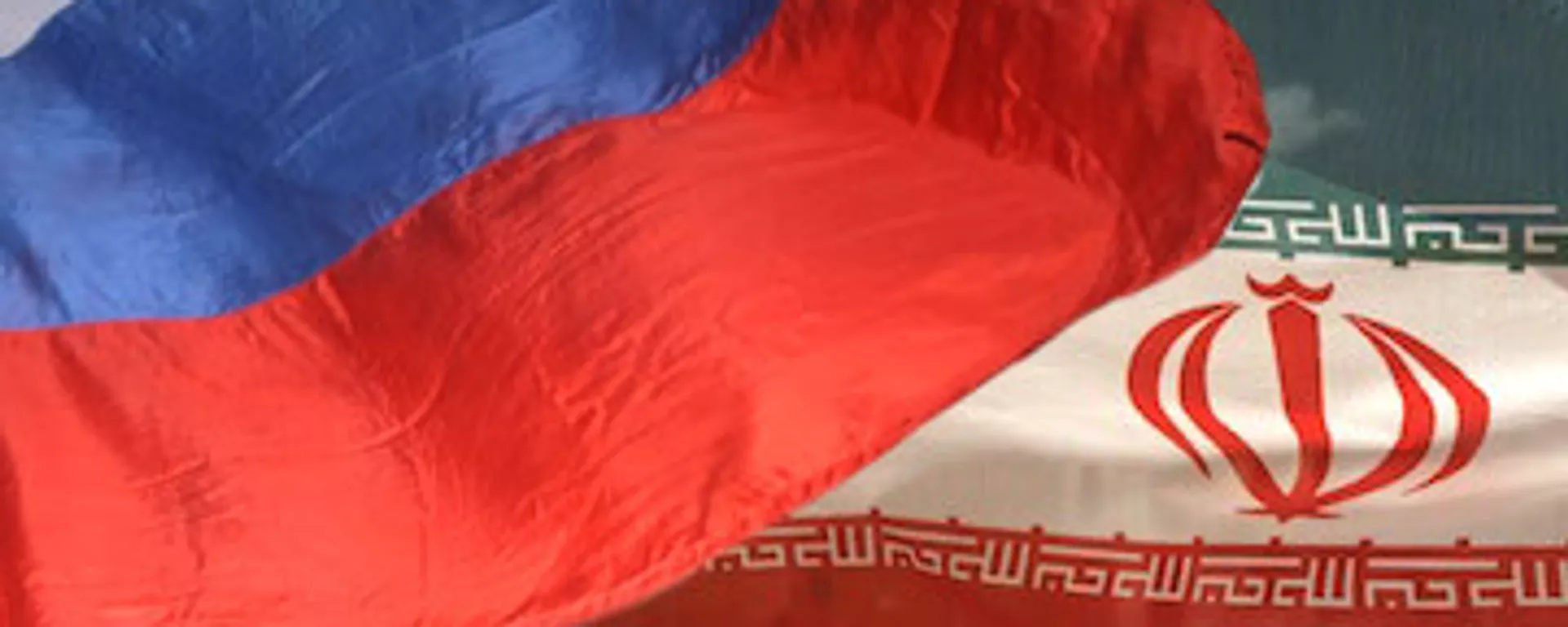
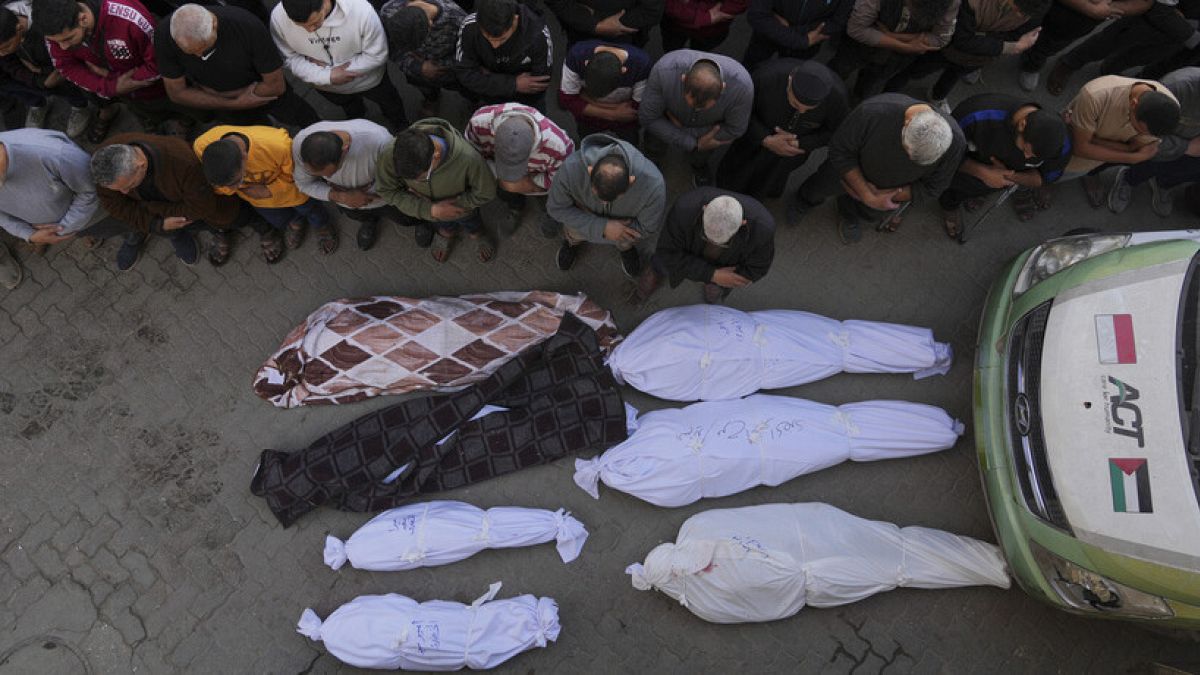

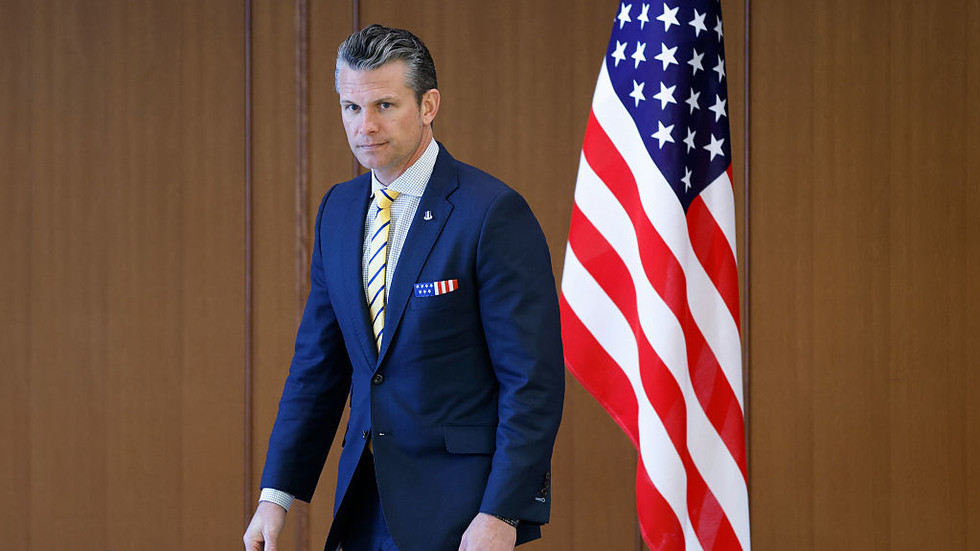
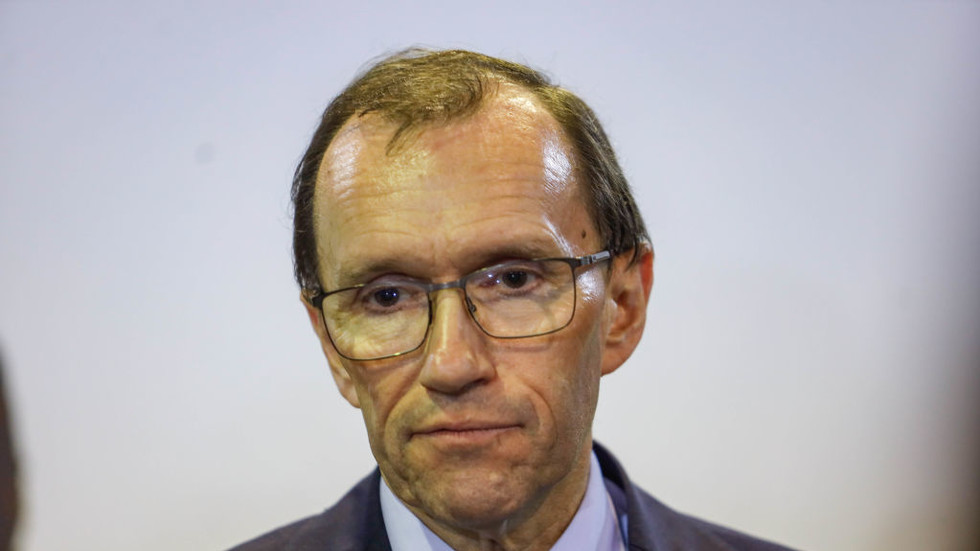

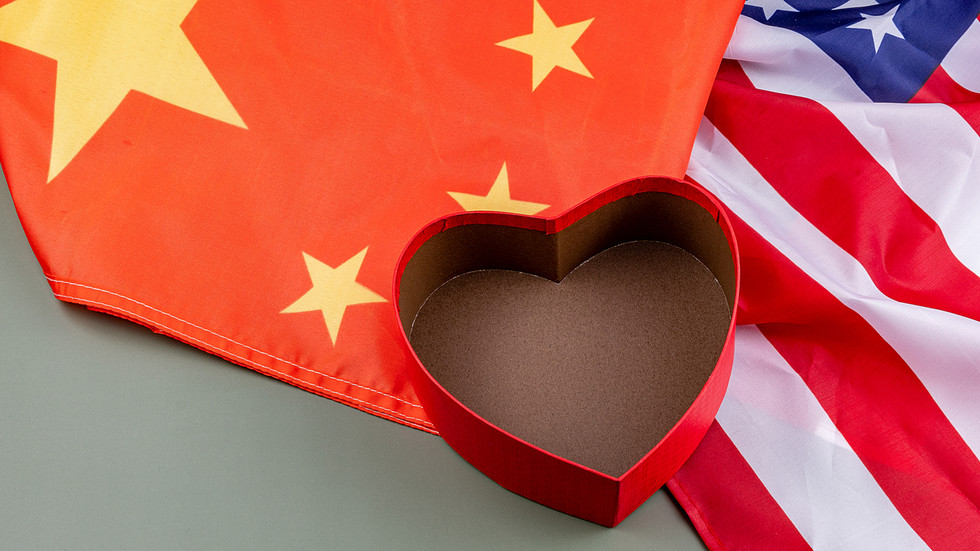
 We deliver critical software at unparalleled value and speed to help your business thrive
We deliver critical software at unparalleled value and speed to help your business thrive






 English (US) ·
English (US) ·